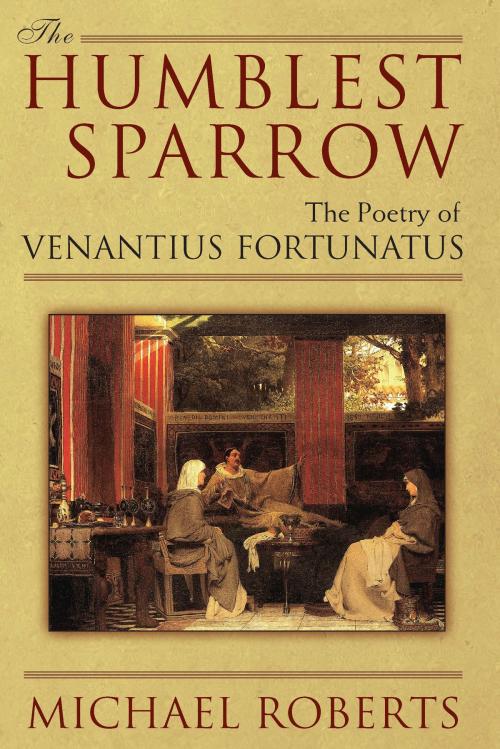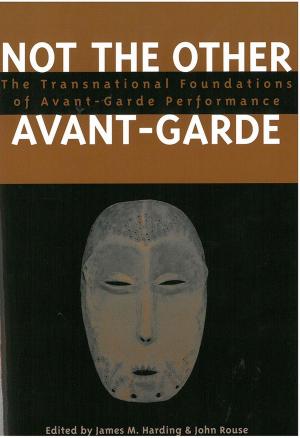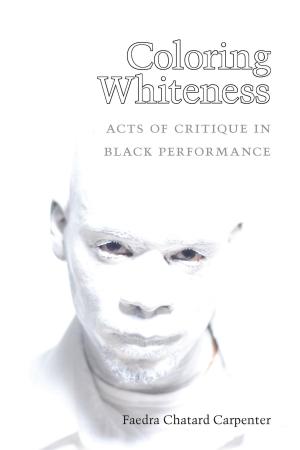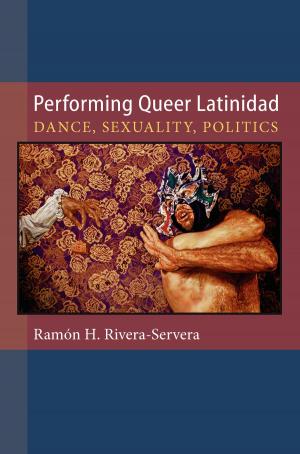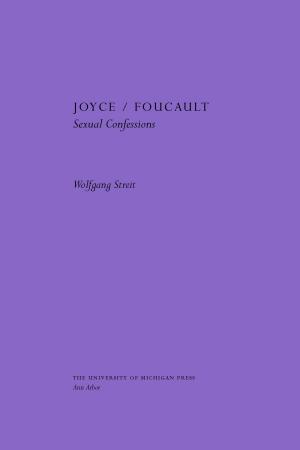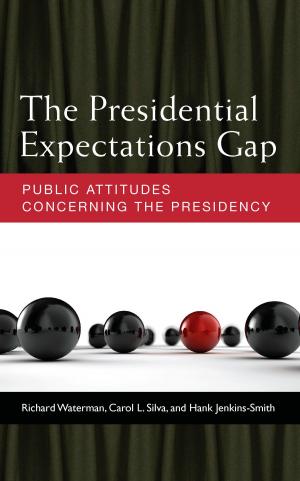The Humblest Sparrow
The Poetry of Venantius Fortunatus
Fiction & Literature, Literary Theory & Criticism, Ancient & Classical, Nonfiction, History, Ancient History, Rome| Author: | Michael Roberts | ISBN: | 9780472025206 |
| Publisher: | University of Michigan Press | Publication: | February 9, 2010 |
| Imprint: | University of Michigan Press | Language: | English |
| Author: | Michael Roberts |
| ISBN: | 9780472025206 |
| Publisher: | University of Michigan Press |
| Publication: | February 9, 2010 |
| Imprint: | University of Michigan Press |
| Language: | English |
In The Humblest Sparrow, Michael Roberts illuminates the poetry of the sixth-century bishop and poet Venantius Fortunatus. Often regarded as an important transitional figure, Fortunatus wrote poetry that is seen to bridge the late classical and earlier medieval periods. Written in Latin, his poems combined the influences of classical Latin poets with a medieval tone, giving him a special place in literary history. Yet while interest has been growing in the early Merovingian period, and while the writing of Fortunatus' patron Gregory of Tours has been well studied, Fortunatus himself has often been neglected. This neglect is remedied by this in-depth study, which will appeal to scholars of late antique, early Christian, and medieval Latin poetry. Roberts divides Fortunatus' poetry into three main groups: poetry of praise, hagiographical poetry, and personal poetry. In addition to providing a general survey, Roberts discusses in detail many individual poems and proposes a number of theses on the nature, function, relation to social and linguistic context, and survival of Fortunatus' poetry, as well as the image of the poet created by his work.
Jacket illustration: L. Alma Tadema, Venantius Fortunatus Reading his Poems to Radegonda VI AD 555. (Courtesy of Dordrecht, Dordrechts Museum.)
In The Humblest Sparrow, Michael Roberts illuminates the poetry of the sixth-century bishop and poet Venantius Fortunatus. Often regarded as an important transitional figure, Fortunatus wrote poetry that is seen to bridge the late classical and earlier medieval periods. Written in Latin, his poems combined the influences of classical Latin poets with a medieval tone, giving him a special place in literary history. Yet while interest has been growing in the early Merovingian period, and while the writing of Fortunatus' patron Gregory of Tours has been well studied, Fortunatus himself has often been neglected. This neglect is remedied by this in-depth study, which will appeal to scholars of late antique, early Christian, and medieval Latin poetry. Roberts divides Fortunatus' poetry into three main groups: poetry of praise, hagiographical poetry, and personal poetry. In addition to providing a general survey, Roberts discusses in detail many individual poems and proposes a number of theses on the nature, function, relation to social and linguistic context, and survival of Fortunatus' poetry, as well as the image of the poet created by his work.
Jacket illustration: L. Alma Tadema, Venantius Fortunatus Reading his Poems to Radegonda VI AD 555. (Courtesy of Dordrecht, Dordrechts Museum.)
